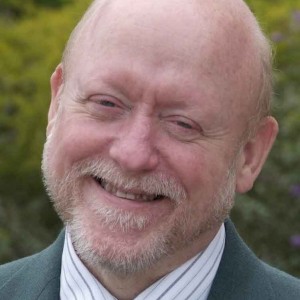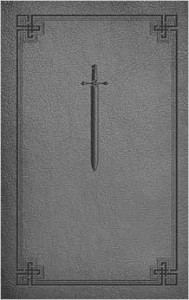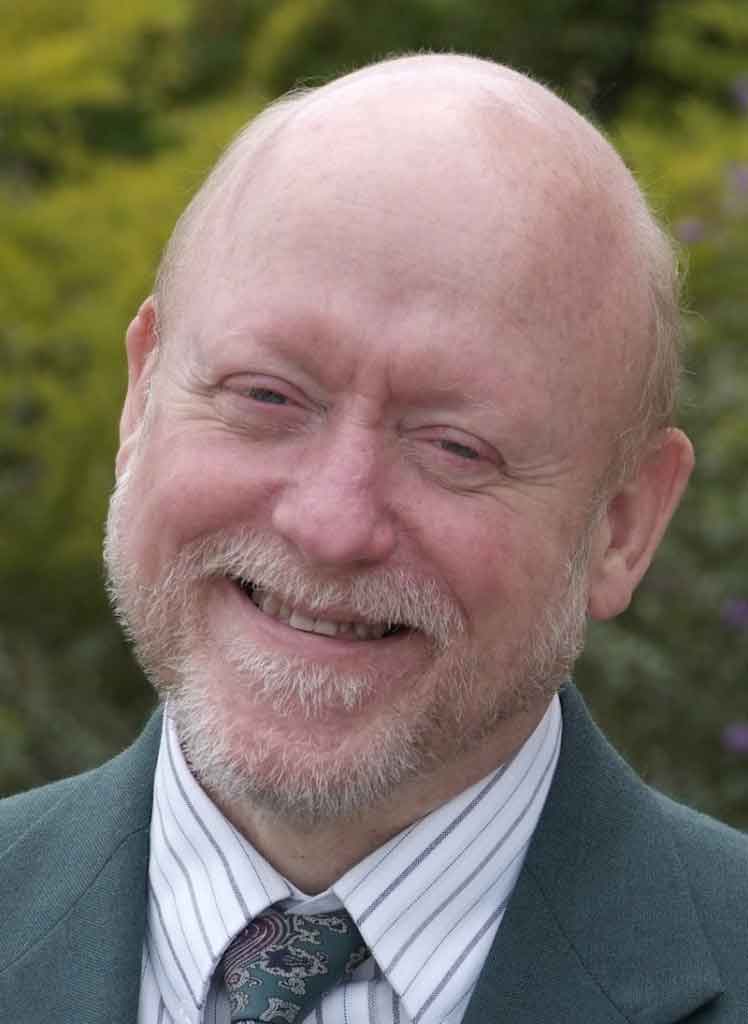Podcast: Play in new window | Download (Duration: 30:54 — 21.3MB) | Embed
Subscribe: Apple Podcasts | Spotify | Amazon Music | Android | Pandora | iHeartRadio | JioSaavn | Podchaser | Gaana | Podcast Index | Email | TuneIn | Deezer | Anghami | RSS | More

Episode 3 – “Temptation” – Put on The Armor – A Manual for Spiritual Warfare with Dr. Paul Thigpen Ph.D
Dr. Thigpen offers insights on the Manual for Spiritual Warfare Chapter 2:
The ordinary activity of demons is subtle and occurs within our thought life. They plant ideas within our minds seeking to influence our reason, memory, and imagination — and ultimately, our will. They can suggest such ideas indirectly through our senses, especially through what we see and hear. The ideas may come through conversations, reading, or various social and communications media. Demons may also have a role in arranging circumstances around us in a way that leads to certain thoughts.
Meanwhile, thoughts may come into our mind directly from the Enemy as well. How is that possible? As we’ve noted, when words come to us from outside ourselves, they normally come through our senses, which help us to discern the physical medium that is their source.
But the demons have no physical bodies. So when they communicate thoughts to us without using a physical medium, we may not discern that the thoughts come from outside us. Instead, we may mistake the thoughts as our own — and that misperception is obviously to the Enemy’s advantage.
What kinds of thoughts do evil spirits suggest to us? Most often, they influence us through temptation. They entice us to commit sin. But how exactly do they provide us occasions of sin?
Visit here for other episodes in this series:
Put On The Armor – A Manual for Spiritual Warfare w/Dr. Paul Thigpen Ph.D.
 The “Manual for Spiritual Warfare” can be found here
The “Manual for Spiritual Warfare” can be found here
Paul Thigpen, Ph.D, is the Editor of TAN Books in Charlotte, North Carolina. An internationally known speaker, best-selling author, and award-winning journalist, Paul has published forty-three books in a wide variety of genres and subjects: history and biography, spirituality and apologetics, anthologies and devotionals, family life and children’s books, study guides and reference works, fiction and collections of poetry and prayers.
Paul graduated from Yale University in 1977 summa cum laude, Phi Beta Kappa, with Distinction in the Major of Religious Studies. He was later awarded the George W. Woodruff Fellowship at Emory University in Atlanta, where he earned an M.A. (1993) and a Ph.D. (1995) in Historical Theology. In 1993 he was named as a Jacob K. Javits Fellow by the U.S. Department of Education. He has served on the faculty of several universities and colleges.
In 2008 Paul was appointed by the United States Conference of Catholic Bishops to their National Advisory Council for a four-year term. He has served the Church as a theologian, historian, apologist, evangelist, and catechist in a number of settings,speaking frequently in Catholic and secular media broadcasts and at conferences, seminars, parish missions, and scholarly gatherings.


